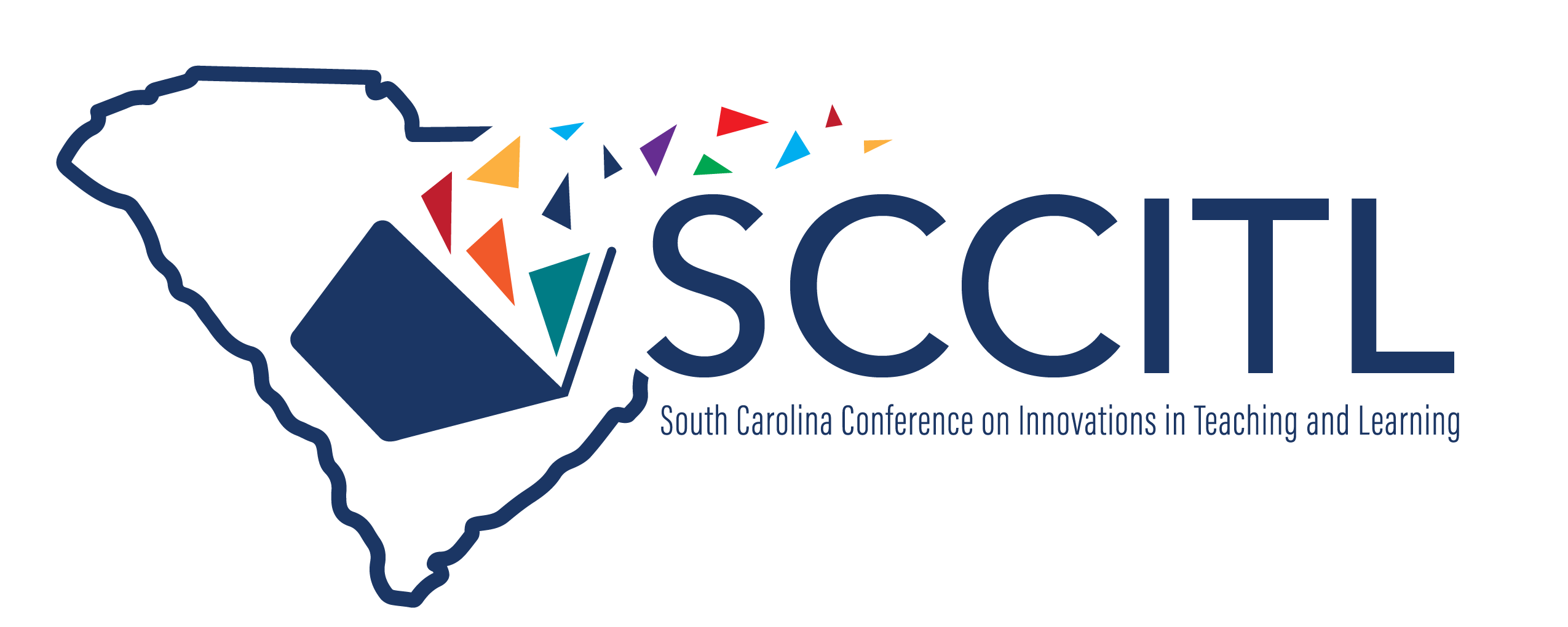Teaching With Grit; Does Grit Make a Difference in the Success of Preservice Teachers?
Proposal Format
20-minute Presentation
Track Choices
Contemporary Issues in Teaching and Learning
Abstract
Effective teachers have to be adept at developing curriculum, implementing instruction, monitoring student behaviors, evaluating student learning, and communicating with parents. This list of duties is challenging and stressful for any individual. Additionally, educational research reveals teachers are facing other stressors, which include lack of administrative and parental support, unmotivated students, school violence and additional paperwork. The combination of normal teaching duties and external stressors is a major factor leading to teachers leaving the profession. New teachers are particularly susceptible to these stressors and exhibit some of the highest attrition rates. This presentation focuses on the role that Grit plays in the success of preservice teachers during the teaching internship. The Grit scores for early childhood, elementary, middle level and secondary education candidates were compared to their scores on the South Carolina Teaching Standards (STS) 4.0 rubric which is used to evaluate their teaching internship. A one-way ANOVA reveals a positive relationship between higher Grit ratings and specific teaching domains within the STS 4.0 rubric. These results, the efficacy of the Grit scale for predicting intern success and the implications for teacher education programs and teacher retention will be discussed.
Keywords
Grit, Teacher Preparation, Teacher Attrition
Speaker Bio
Austin Manning Hitt II, Ph.D. is a Professor of Science Education in the Spadoni College of Education and Social Sciences. He teaches science methods for preservice elementary, middle level and secondary candidates and general education courses at the secondary level. Dr. Hitt's scholarship focuses on approaches for visualizing abstract science concepts and the nature of science. Dr. Suzanne Horn is an Associate Professor at Coastal Carolina University. She teaches literacy coursework and works with doctoral candidates. Her research interests are secondary methods, disrupting inequality, and working with schools to improve retention.
Teaching With Grit; Does Grit Make a Difference in the Success of Preservice Teachers?
Penny Hall, 210
Effective teachers have to be adept at developing curriculum, implementing instruction, monitoring student behaviors, evaluating student learning, and communicating with parents. This list of duties is challenging and stressful for any individual. Additionally, educational research reveals teachers are facing other stressors, which include lack of administrative and parental support, unmotivated students, school violence and additional paperwork. The combination of normal teaching duties and external stressors is a major factor leading to teachers leaving the profession. New teachers are particularly susceptible to these stressors and exhibit some of the highest attrition rates. This presentation focuses on the role that Grit plays in the success of preservice teachers during the teaching internship. The Grit scores for early childhood, elementary, middle level and secondary education candidates were compared to their scores on the South Carolina Teaching Standards (STS) 4.0 rubric which is used to evaluate their teaching internship. A one-way ANOVA reveals a positive relationship between higher Grit ratings and specific teaching domains within the STS 4.0 rubric. These results, the efficacy of the Grit scale for predicting intern success and the implications for teacher education programs and teacher retention will be discussed.


